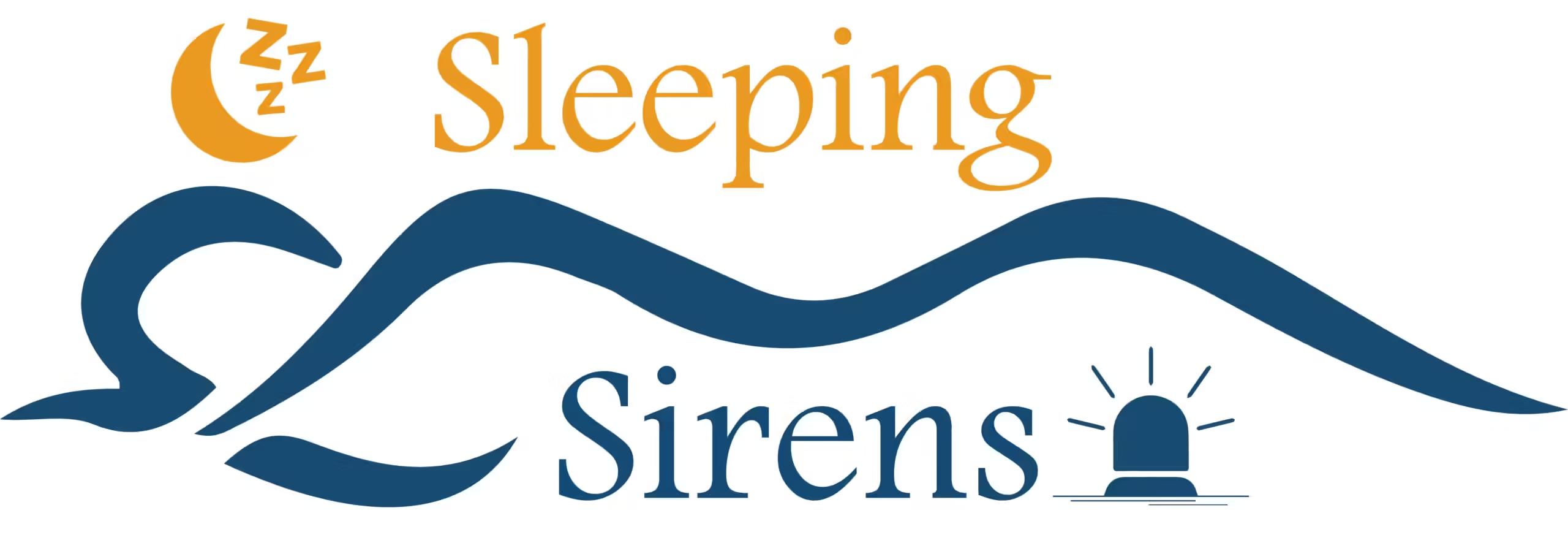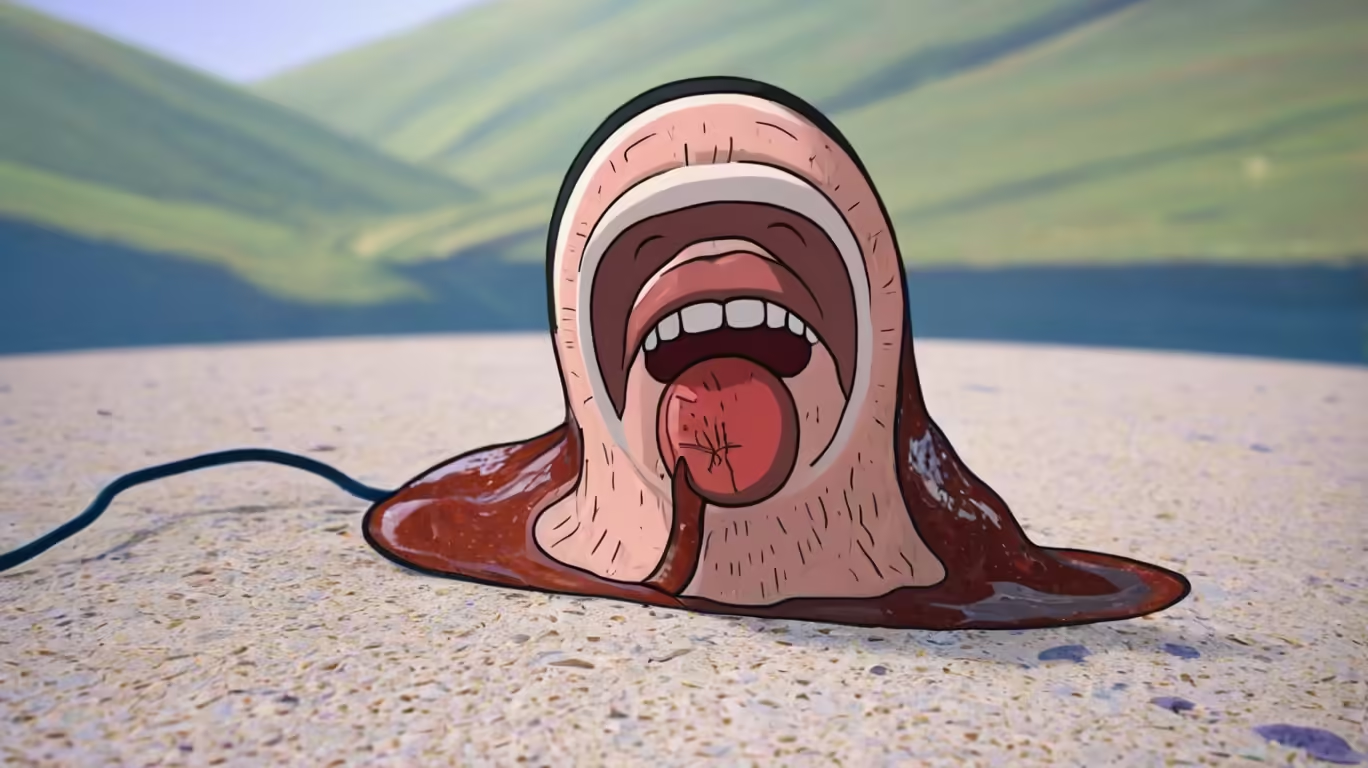Table of Contents
1. Introduction to Dry Mouth and COVID-19
In this section, the focus is on how COVID-19 impacts oral health, including the prevalence of dry mouth (xerostomia) among infected individuals. COVID-19, known for its respiratory and systemic symptoms, also affects salivary glands, resulting in decreased saliva production.
- Importance of saliva: Saliva plays a critical role in protecting the mouth from infections, aiding digestion, and lubricating the oral cavity. When saliva is reduced, individuals experience discomfort and an increased risk of secondary infections.
Key Statistic:
A study highlights that 43% of COVID-19 patients report dry mouth, making it a common symptom alongside the loss of taste and smell.

2. What is Dry Mouth?
This section defines dry mouth (xerostomia) as a condition characterized by insufficient saliva production or salivary gland dysfunction. It emphasizes that quality, not just quantity, of saliva can be affected, causing significant discomfort.
- Causes of dry mouth: It can result from:
- Medications (e.g., antihistamines, decongestants).
- Dehydration due to fever, sweating, or insufficient fluid intake.
- COVID-19 infections, which impair gland function directly.
3. How Does COVID-19 Cause Dry Mouth?
This section delves into the biological link between COVID-19 and xerostomia. SARS-CoV-2, the virus responsible for COVID-19, can:
- Infect the salivary glands directly, reducing their ability to produce saliva.
- Trigger inflammation, which impairs the glands’ normal function.
- Lead to secondary dehydration, exacerbating symptoms.
Research suggests that oral manifestations like dry mouth could signal the onset of COVID-19 and aid in early diagnosis and isolation.
4. Symptoms and Experience of Dry Mouth in COVID-19
In this section, the symptoms of dry mouth are listed, explaining how xerostomia can significantly impact patients’ quality of life:
- Sticky feeling in the mouth and throat.
- Grooved tongue and bad breath due to insufficient saliva.
- Hoarseness or difficulty speaking.
- Difficulty eating and swallowing, which can lead to malnutrition.
It is noted that dry mouth often appears before the more common COVID-19 symptoms, making it a potential early indicator.
5. Six Effective Treatments for Dry Mouth COVID
This section provides detailed treatment options for managing dry mouth, including:
- Stay Hydrated:
Drinking water and fluids like vitamin C-rich juices helps restore moisture levels and boost immune function. - Reduce Caffeine Intake:
Caffeinated drinks like coffee and tea cause dryness. Replacing these with herbal teas minimizes symptoms. - Avoid Alcohol-based Mouthwash:
Alcohol dries out the mouth. Switching to xylitol-containing mouthwash can help relieve discomfort and promote oral hygiene. - Quit Smoking:
Nicotine reduces saliva production and irritates the mouth. Quitting smoking improves oral health and restores normal saliva flow. - Use a Humidifier at Night:
Humidifiers add moisture to the air, preventing dry mouth and throat irritation during sleep. - Try Over-the-Counter Products:
Using mouthwashes designed for dry mouth can provide immediate relief by stimulating saliva production.
6. Things to Avoid with Dry Mouth COVID
This section highlights behaviors and products that aggravate dry mouth symptoms:
- Avoid excessive alcohol, caffeine, and acidic foods as they can worsen dryness and cause irritation.
- Do not sleep with dentures, which can trap bacteria and irritate the mouth.
- Continue medications as prescribed, but consult your doctor if they are contributing to dry mouth.
7. When to See a Doctor?
If symptoms persist despite home remedies, the blog recommends consulting with a doctor online via the Marham app. It emphasizes the importance of early medical intervention to prevent complications like difficulty swallowing or speaking.
FAQs Related to Dry Mouth and COVID-19
This section answers common questions about dry mouth and COVID-19:
- Is dry mouth a common COVID-19 symptom?
Yes, dry mouth affects a significant percentage of COVID-19 patients. - How does COVID-19 cause dry mouth?
COVID-19 impairs salivary glands, leading to decreased saliva production. - What are other COVID-19 oral symptoms?
Patients may experience loss of taste, sore throat, and blisters. - When should I consult a doctor?
Seek medical advice if dry mouth interferes with daily activities or persists after treatment efforts. - What other precautions should I take?
Avoid caffeine, alcohol, and acidic foods, and stay hydrated for better symptom management.
More blogs: https://sleepingsirens.com

